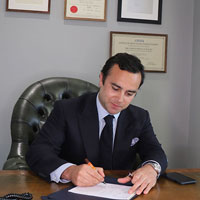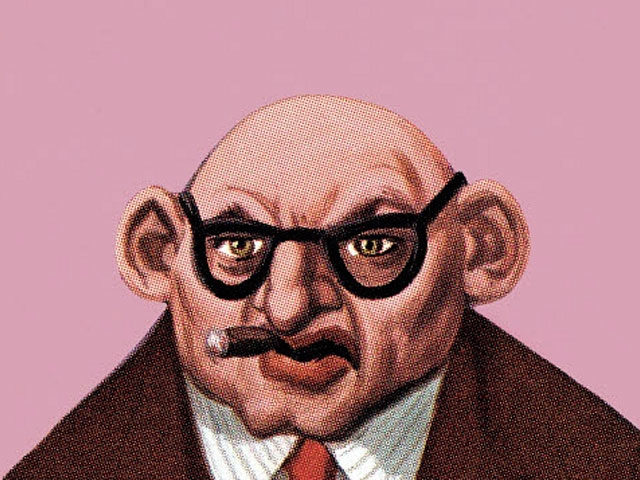Forty percent of women have visible hair loss by the time they are age 40 and there can be many causes.
Female hair loss is considered to be more complex than male hair loss and further investigation is usually required. This may involve blood tests or in some cases biopsy of the scalp.
Common causes of female hair loss
Genetic
The most common cause of hair loss in women is androgenetic alopecia (female pattern hair loss). The exact pathogenesis is still not fully understood, however genetic, hormonal and environmental factors all play a part. Female pattern hair loss can be treated with medications such as minoxidil and Low-level Light Therapy, but it is important to rule out other causes of hair loss before this diagnosis is settled on
Iron / Thyroid / Hormonal
Up to 20%of women suffer from iron deficiency anaemia (low iron), and thyroid disorders often go undiagnosed. They can both cause hair loss and it is important to get your levels checked. Similarly many women can have undiagnosed polycystic ovarian syndrome or other hormonal abnormalities which may cause hair loss.
We always check the bloods for our female patients. Your GP can also be a good starting point and they can start treatment if necessary.
Nutrition
Iron, zinc and vitamin D are all essential. A balanced diet should provide everything required, however in some cases supplementation may be beneficial. Foods which are particularly good are eggs, red meat, shellfish and dark leafy greens.
Stress
Major life events, illness, crash dieting and childbirth are all well recognised causes of hair shedding (telogen effluvium). It is a form of temporary hair loss and is usually noticed a few months after the cause. It can be quite dramatic, but in the majority of cases the hair will come back, usually 3-4 months after the stressor has passed.
Pathology
There are a number of conditions which can cause hair loss such as alopecia areata, frontal fibrosing alopecia (FFA) and central centrifugal cicatricial alopecia (CCCA). They are difficult to diagnose and often require a biopsy which is why it is important to see someone experienced in treating hair loss.
Traction alopecia
Styling your hair in certain ways (i.e. braids and tight ponytails), certain types of headwear and extensions can all put a tremendous amount of pressure on your hair. The constant pulling force can damage the follicles which over time can lead to scarring and permanent hair loss. The best treatment is prevention and if caught early enough hair may regrow. At the later stages if the hair loss is permanent hair restoration surgery may be an option.
Christopher’s Advice
Female hair loss often requires further investigation to check for any underlying conditions which might contribute to your hair loss.
Your GP can often help by checking your bloods, but in certain cases I may refer you to a Dermatologist who specialises in hair loss.
If you would like to discuss your hair loss please get in touch on 0207 770 6538 or contact reception@thedsouzaclinic.com.

Mr. Christopher D’Souza MBBS MSc MRCS
Hair Transplant Surgeon & Medical Director
Talk to your Surgeon about your hair loss
Call us +44 (0) 207 770 6538
Mr D’Souza personally leads each new patient call and consultation.
What’s involved at a consultation?.






